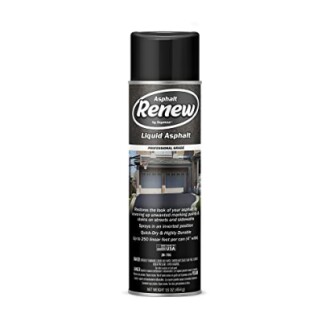
Evaluating Asphalt Mixes: What You Need to Know
Key Takeaways
- Understanding different asphalt mixes is crucial for successful paving projects.
- Evaluating quality factors ensures durability and longevity.
- Application suitability varies based on project needs.
- Up-to-date information on sealants and additives enhances performance.
- Troubleshooting strategies can save time and reduce costs.
When it comes to asphalt paving projects, the type of asphalt mix you choose can make all the difference. With various options available, understanding their specific uses and quality factors is essential. This guide will walk you through the critical aspects of evaluating asphalt mixes, ensuring your next paving project is a success.
Types of Asphalt Mixes
Asphalt mixes can be broadly categorized into several types, each designed for specific applications. Here’s a breakdown:
| Type of Asphalt Mix | Best Used For |
|---|---|
| Hot Mix Asphalt (HMA) | Roadways, highways, airports |
| Warm Mix Asphalt (WMA) | Urban areas, colder climates |
| Cold Mix Asphalt | Patch repairs, low-traffic areas |
| Porous Asphalt | Stormwater management, environmentally friendly paving |
Evaluating the Quality of Asphalt Mixes
Evaluating the quality of asphalt mixes involves checking various factors that can affect their performance. Here are key elements to assess:
- Aggregate Quality: Ensure the aggregates used are clean and properly graded.
- Binder Content: The amount of binder affects flexibility and adhesion.
- Durability: Assess the resistance to wear and weather conditions.
- Temperature Conditions: Understand how temperature affects application and performance.
Application Suitability
Choosing the right asphalt mix depends not just on the project type but also on the environment and expected traffic. Below are recommendations:
| Application | Recommended Mix Type | Reason |
|---|---|---|
| Parking Lots | HMA or WMA | Load-bearing and long-lasting |
| Residential Driveways | Cold Mix | Easy to apply and cost-effective |
| Road Repair | HMA | High durability needed |
| Sports Facilities | Porous Asphalt | Allows for water drainage and reduces flooding |
Using Sealants and Additives
Adding sealants and additives can significantly enhance the performance of asphalt mixes. Using the right products can extend the life of your paving:
Pros
- Increased durability and longevity
- Better resistance to water and UV damage
- Improved surface smoothness
Cons
- Cost of additives may increase the project budget
- Improper application can lead to complications
Tips for Successful Asphalt Paving
Beginner's Section
- Always perform a quality check on the materials before application.
- Consult local guidelines for constructing asphalt pavements.
- Choose the appropriate equipment as per your paving needs.
- Make use of high-quality sealants and fillers for maintenance.
- Regularly review paving techniques to improve your skills.
Highlighted Product
One excellent product for handling surface restoration in asphalt is the Seymour 20-701 Traffic Specialties Stripe Renew, which effectively brings a fresh look to your asphalt.
Seymour 20-701 Traffic Specialties Stripe Renew
This spray can is perfect for restoring asphalt surfaces, making them look new while being quick-drying and highly durable.
Learn MoreConclusion
Deciding the right asphalt mix for your paving project can significantly impact the final outcome. By evaluating the mixes thoroughly and considering factors such as durability and application, you can ensure that your investment yields successful results. For more insights, explore our guides on asphalt pavers or discover the best paving tools available in today's market.
Make sure to stay updated with our news and trends section to keep up with industry advancements.


